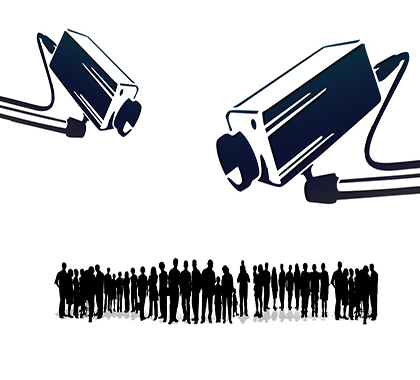The Montana Legislature is considering a bill that would require local and state government law enforcement agencies to obtain search warrants before demanding private companies to turn over consumers’ private data.
House Bill 148 was introduced by state Rep. Daniel Zolnikov (R-Billings) in January.
Warrants, Notifications Required
Zolnikov says his bill would require local and state government law enforcement officials and investigators to obtain search warrants before asking companies to hand over consumers’ data.
“My legislation not only requires warrants but also requires that the individual being investigated be notified within a certain period of time,” Zolnikov said. “At some point, an individual will be notified that they were under investigation. This allows recourse for any inappropriate investigation that may occur. This is also extremely important since anyone’s e-mails could be sought, and we would never know, because our data is actually kept on servers.”
Zolnikov says letting citizens know the government is actively watching them is important.
“Think of it: Someone could be reading your e-mails today,” Zolnikov said. “Shouldn’t you be notified if this occurs, especially if you have done no wrongdoing? You may have nothing to hide, but that doesn’t mean you should be comfortable being completely exposed without reason and knowledge of the investigation.”
No Benefit to Criminals
Brent Mead, executive director of the Montana Policy Institute, says the bill would not allow criminals to evade justice.
“In my mind, this legislation will come into play in one of two scenarios, neither of which has a risk of imminent danger or flight,” Mead said. “One, you have a long-term investigation ongoing involving an individual or criminal network and the investigative team has reason to think there is evidence to build the case for an arrest in their electronic records. There is time to secure a warrant to procure the information. Two, an arrest has already occurred and the prosecuting entity is seeking additional evidence in connection with the alleged crime. Again, there is time to secure a warrant and procure the information.”




